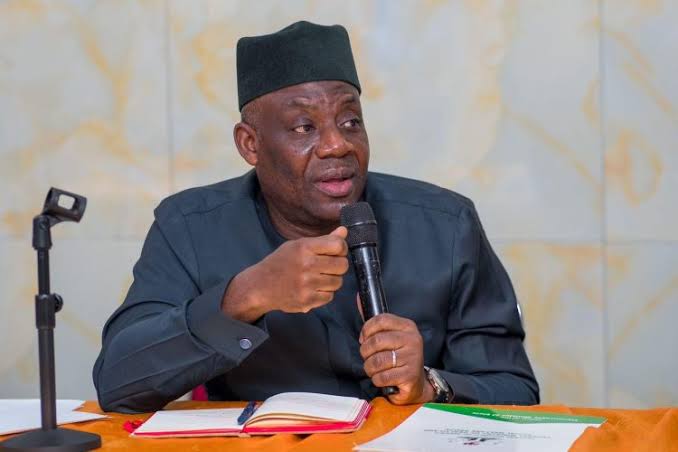Sterling Bank Scraps Transfer Fees in Bold Independence Day Move

In a landmark decision coinciding with Nigeria’s 65th Independence Day celebration, Sterling Bank has eliminated transfer fees on all local online transactions via its OneBank digital platform. Effective from April 2025, this move makes Sterling the first major Nigerian bank to waive these charges, potentially saving customers millions amid soaring living costs. CEO Abubakar Suleiman framed the initiative as a tribute to national progress, stating, “As we celebrate Nigeria’s independence, we’re empowering citizens by removing financial barriers. Banking should uplift, not burden.”
The policy addresses long-standing grievances about banking fees, including transfers, SMS alerts, and maintenance charges, which often erode meager savings. Initially announced on April 1, the move was mistaken for an April Fools’ prank, but Sterling swiftly refunded fees charged that day and implemented the zero-fee structure by 8 a.m. New customers signing up in April received a free AfriGo debit card and lifetime fee-free transfers, a gesture aimed at fostering loyalty. Obinna Ukachukwu, Growth Executive for Consumer and Business Banking, noted that investments in homegrown technology enabled this cost-cutting, saying, “We’re redefining banking for Nigerians, especially on this symbolic Independence Day.”
The announcement has sparked widespread excitement, with social media buzzing as customers urged competitors like Zenith and GTBank to follow suit. Posts like “Sterling gets it—free transfers are true independence!” gained traction, reflecting public frustration with traditional banking fees. Industry analysts predict this could disrupt Nigeria’s banking sector, where fees generate substantial revenue. While the Central Bank of Nigeria has not yet responded, Sterling’s move aligns with global shifts toward fee-free digital banking, potentially pressuring regulators to reassess fee structures.
Sterling plans to enhance its offerings with financial wellness tools for individuals and SMEs, reinforcing its role as a fintech pioneer in Africa. For millions of underbanked Nigerians, this policy, launched in sync with Independence Day, is more than a fee cut—it’s a step toward financial freedom. Suleiman emphasized, “This is our commitment to a stronger, more inclusive Nigeria.” As the nation celebrates its independence, Sterling’s bold move signals a potential turning point for the banking industry.




